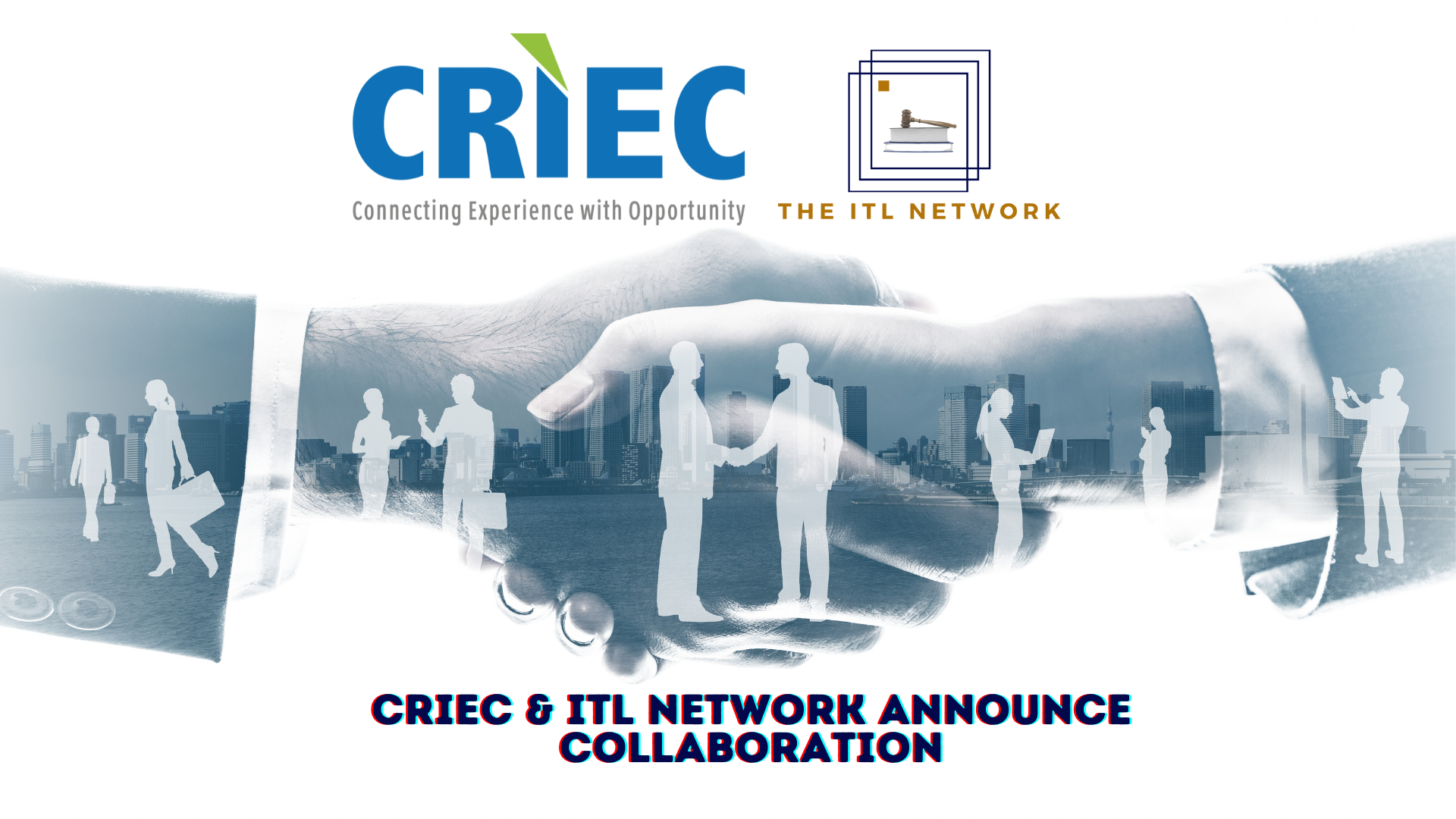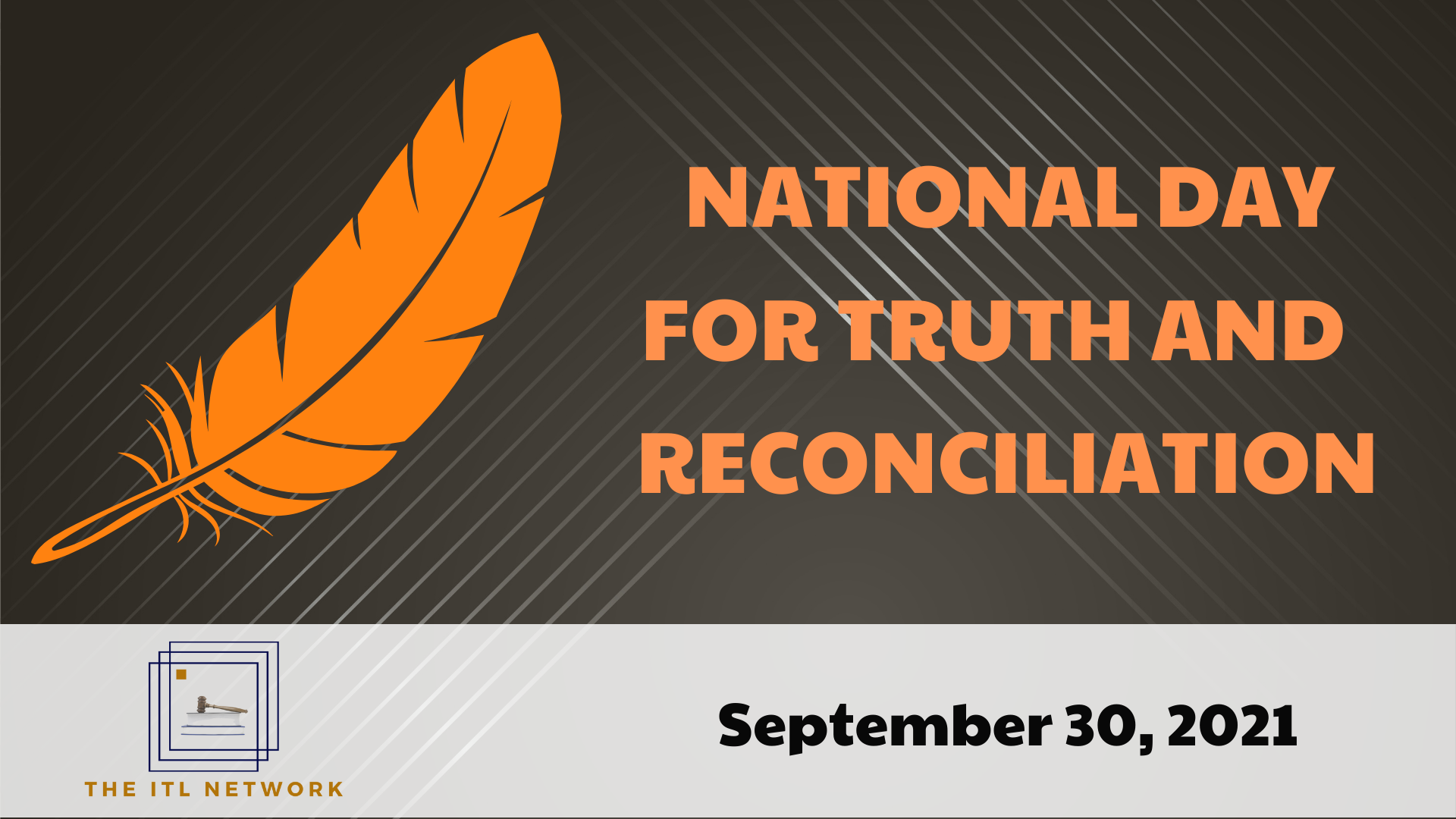(Calgary) October 18, 2021 – Calgary Region Immigrant Employment Council (CRIEC) and The ITL Network proudly announce a new collaboration to support internationally trained lawyers (ITLs) in their career path journeys. This one-year agreement brings together local and international expertise to provide ITLs with much needed connections, learning opportunities and mentoring.
“We are excited about the opportunities we can jointly create for ITLs”, noted CRIEC Executive Director Bruce Randall. “We have been working with ITLs since 2012 and each year see more and more outstanding lawyers arriving in Calgary. There is room for all lawyers including those trained here in Canada and those trained abroad, whether in private practice, in-house, clinics or government. ITLs bring unique perspectives that enrich their local legal communities and indeed, Canadian society itself”.
According to the ITL Network’s President, Cynthia Okafor, “As many ITLs grapple with limited resources and opportunities, there is a growing need for mentorship, and we are more determined than ever to collaborate with community partners like CRIEC, to find effective solutions for ITLs in the Canadian legal sphere. We couldn’t be more excited to get to work and look forward to a successful relationship”.
CRIEC and ITL Network are developing workshops, experiential learning and mentoring opportunities to support ITLs. Further announcements on upcoming sessions are forthcoming.
Founded in 2020, ITL Network, a new Canadian federal not-for-profit organization, seeks to promote and foster diversity and inclusion in the Canadian legal market and assist ITLs, as well as international law graduates, through the licensure process. ITL Network looks to positively change the narrative and perception of ITLs within the Canadian legal landscape through networking and advocacy.
Founded in 2010, CRIEC, a robust Alberta not-for-profit organization, connects newcomer professionals, including ITLs, with Calgary mentors drawn from relevant industries, professions and sectors, in occupation-specific mentoring partnerships. These connections are designed to support newcomer professionals secure and retain career paths reflective of their education, training, experience and future aspirations.
CRIEC and ITL Network teaming up for success – helping ITLs and their local communities thrive.
For further details, please contact:
ITL Network: Arianna Carlotti (Director of Mentorship), ariannacarlotti@itlnetwork.ca ; Idayat Balogun (Director of NCA Affairs), idayat.balogun@itlnetwork.ca
Calgary Region Immigrant Employment Council: Bruce Randall, Executive Director bruce@criec.ca








